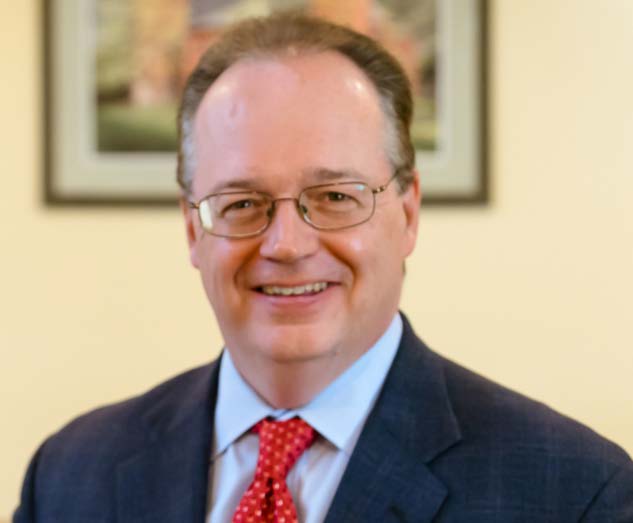|
Many clients ask, “Why is the Bureau of Fraud Investigation investigating me for Medicaid fraud?” Obviously, a major factor is your income. If your income increases over time and you fail to disclose the increases on your re-certifications for Medicaid benefits, then you will be investigated at some point. A less obvious factor is your expenses. Investigators will start investigating you if your expenses – such as for a home or car – are higher than your reported income can support. Listed below are some of the major red flags that can result in a Medicaid fraud investigation. If any of these apply to you, then you should call John Howley, Esq. at 212-601-2728 to schedule a free and confidential consultation before you speak to the investigator. Real Estate Ownership Medicaid is designed for families and individuals who live at or just above the poverty level. Most people who receive Medicaid benefits can barely afford to pay their rent, let alone make a down payment on a home. Investigators have access to a number of public records such as deeds and mortgages that show who owns a property, how much was paid for the property, and how much it costs for monthly mortgage payments and real estate taxes. If they discover your name on any of these documents, they will investigate you. A New or Expensive Car Medicaid fraud investigators can easily check public records to find out whether you own or lease a car, and even how much you pay every month. Car titles and registrations are available in public records. If you financed the car through a bank loan or lease, the bank or financing company filed a public record showing how much the car is worth and how much you are required to pay. If your name appears on any of these records, the investigators will question how you can afford the car. An Address Outside the City of New York New York City provides the most generous Medicaid benefits in the country. But those benefits are available only to people who reside within the five boroughs. The Bureau of Fraud Investigation regularly checks the addresses of Medicaid recipients through a number of different databases. If you have an address outside New York City in any of your records, that can trigger a Medicaid fraud investigation. School Records Your children are listed on your Medicaid application and re-certifications. Medicaid investigators use that information to determine where your children are attending school. If your children attend a school that is not in the same area as your home, or if your children attend a private school, that can trigger a Medicaid fraud investigation. Employment by New York City of State Agencies You are not eligible for Medicaid benefits if you are able to obtain health insurance from your employer – even if you have to pay part of the premiums and even if your share of the premiums is expensive. Since employees of New York State and City agencies are eligible for health insurance for themselves and their families, Medicaid is constantly matching its list of Medicaid recipients with databases of State and City employees. If you or someone who lives with you works for a New York State or City agency, you will be investigated for Medicaid fraud. Tenants, Boarders, and Undisclosed Family Members in the Home A large number of investigations are started because the Bureau of Fraud Investigation discovers that people live at the same address as you, but they are not listed as part of your household on your Medicaid application or re-certifications. The investigators will want to know if they are paying you to live there as tenants or boarders. If they are relatives or friends who live with you, the investigators will want to know whether they have an income and whether they contribute anything towards the household expenses. Business Filings and Special Licenses The Bureau of Fraud Investigation will often start an investigation if they discover that you or someone in your household owns a business or has a business-related driver’s license (such as a commercial, taxi, livery, or limo license). This results in a very complicated and potentially dangerous investigation. For example, some deductions, such as for depreciation, are perfectly legitimate for tax purposes, but are not allowed for purposes of determining your eligibility for Medicaid benefits. Get Help Right Now It is often possible to avoid criminal charges – even if you are guilty – by convincing the investigator that you did nothing wrong or by negotiating a settlement. But you must keep in mind that the Medicaid rules are very complicated, and anything you say can and will be used against you. That is why you should consult with an experienced Medicaid fraud attorney before you say anything to the investigator. Your attorney can negotiate with the investigator on your behalf and, in most cases, you will never have to answer any of their questions. To schedule a free and confidential consultation, call John Howley, Esq. at 212-601-2728 today.
Comments are closed.
|

